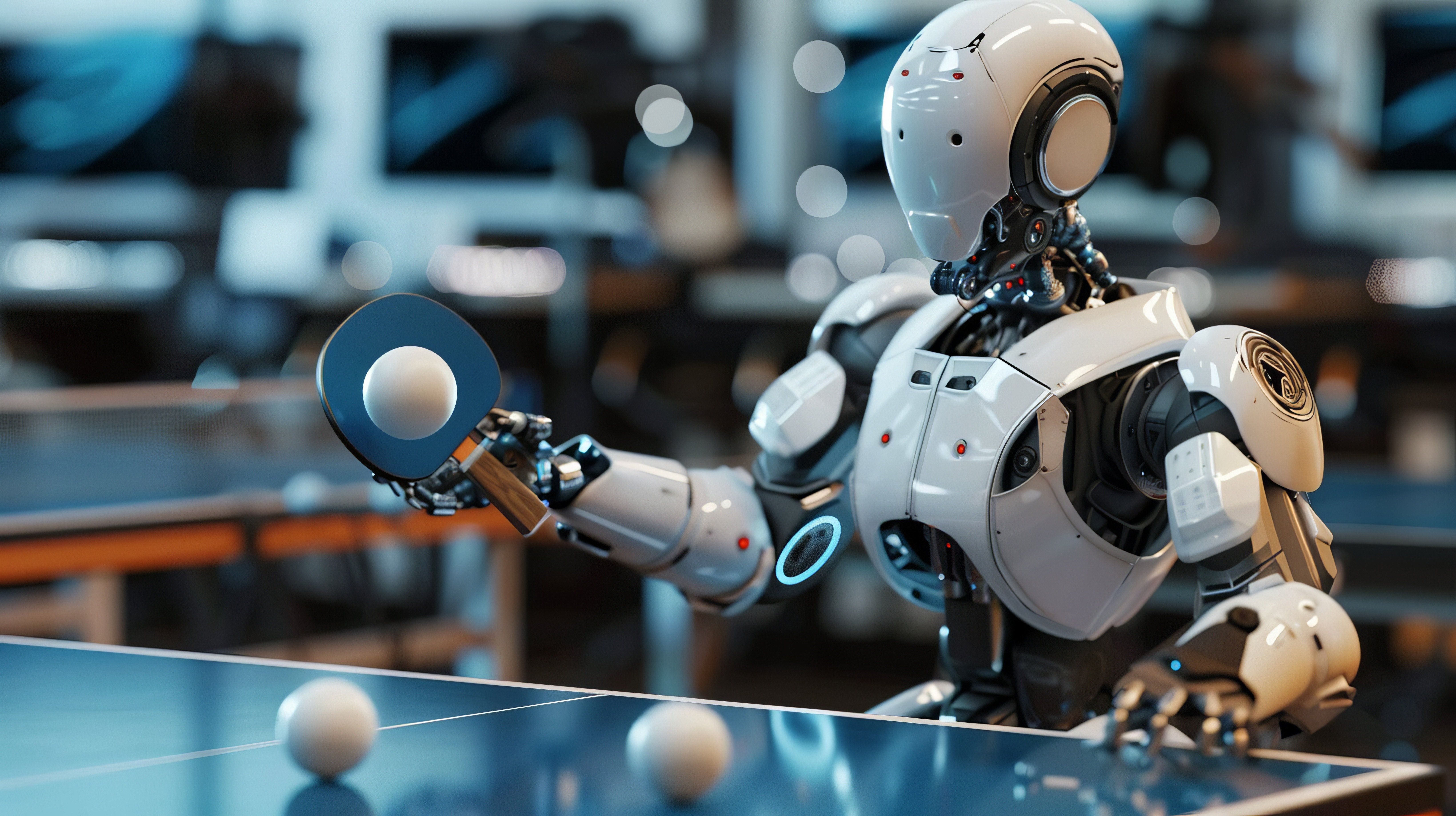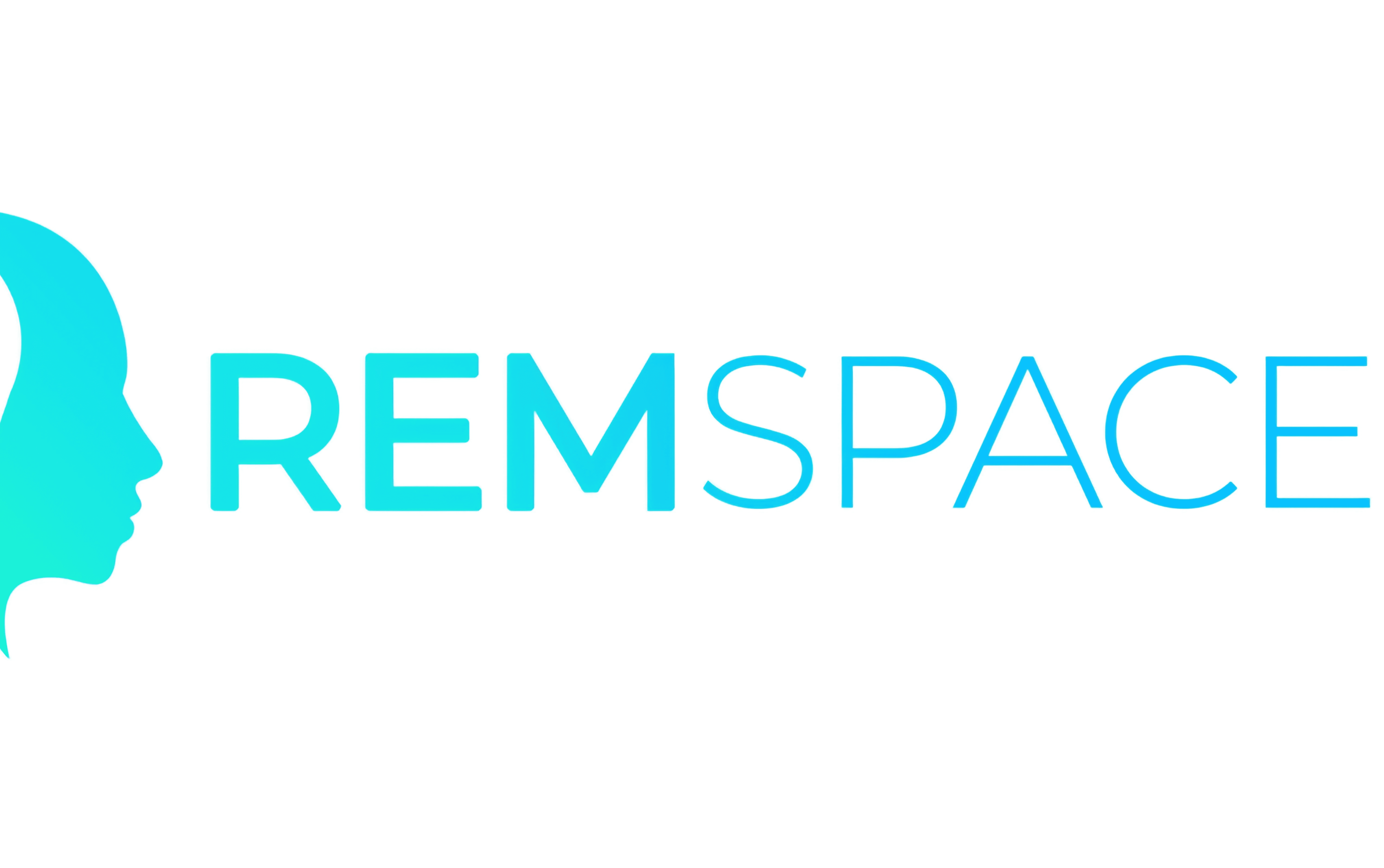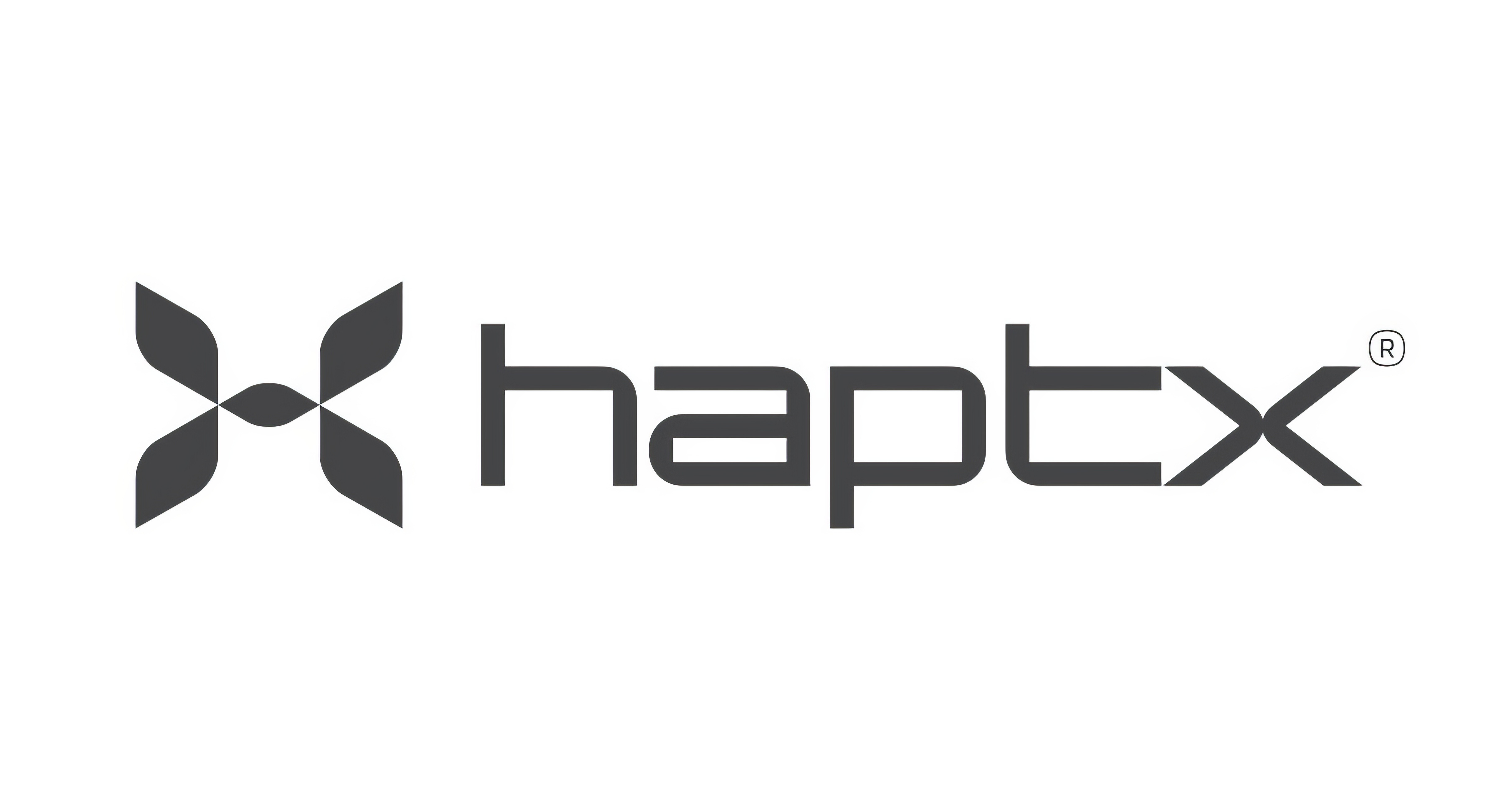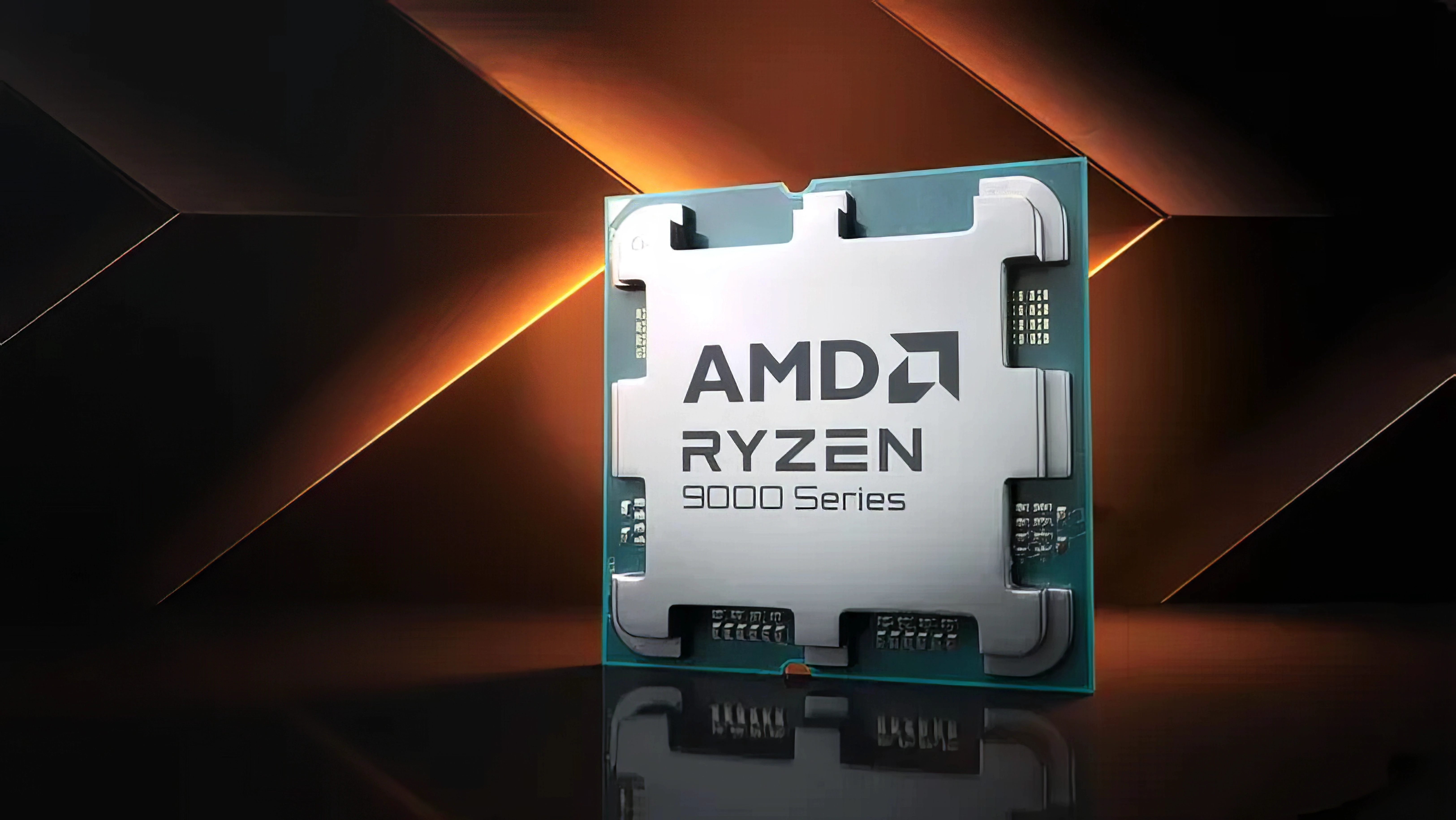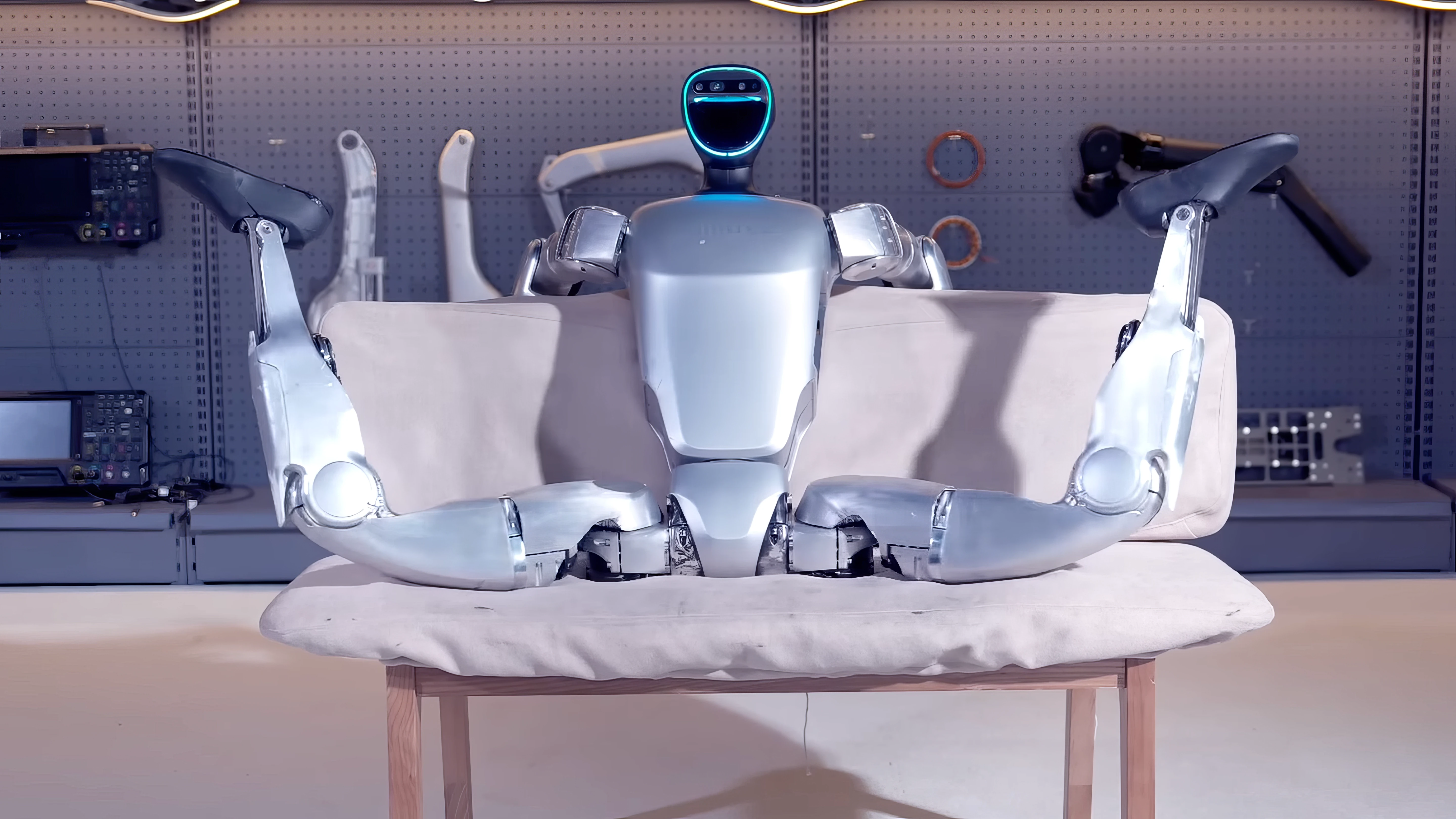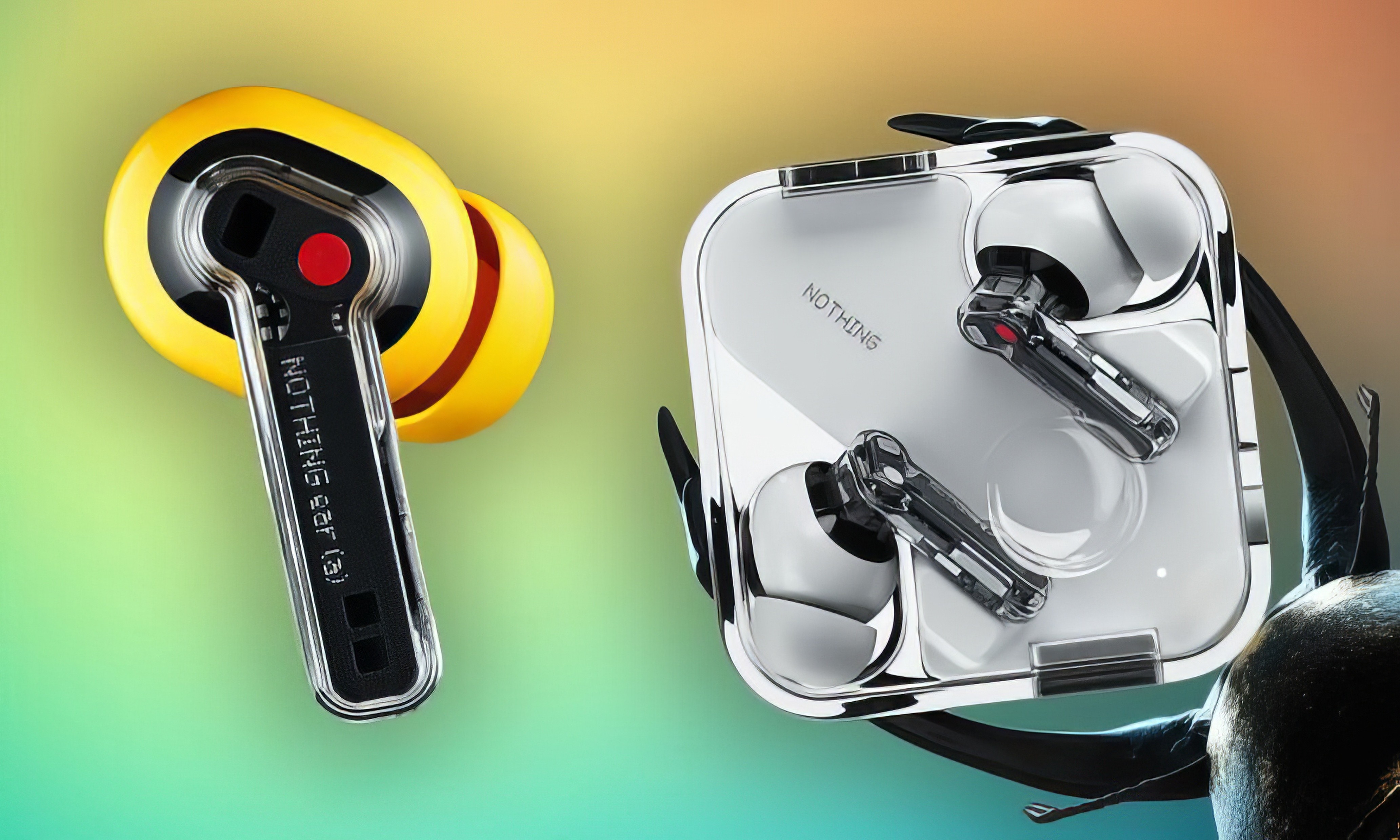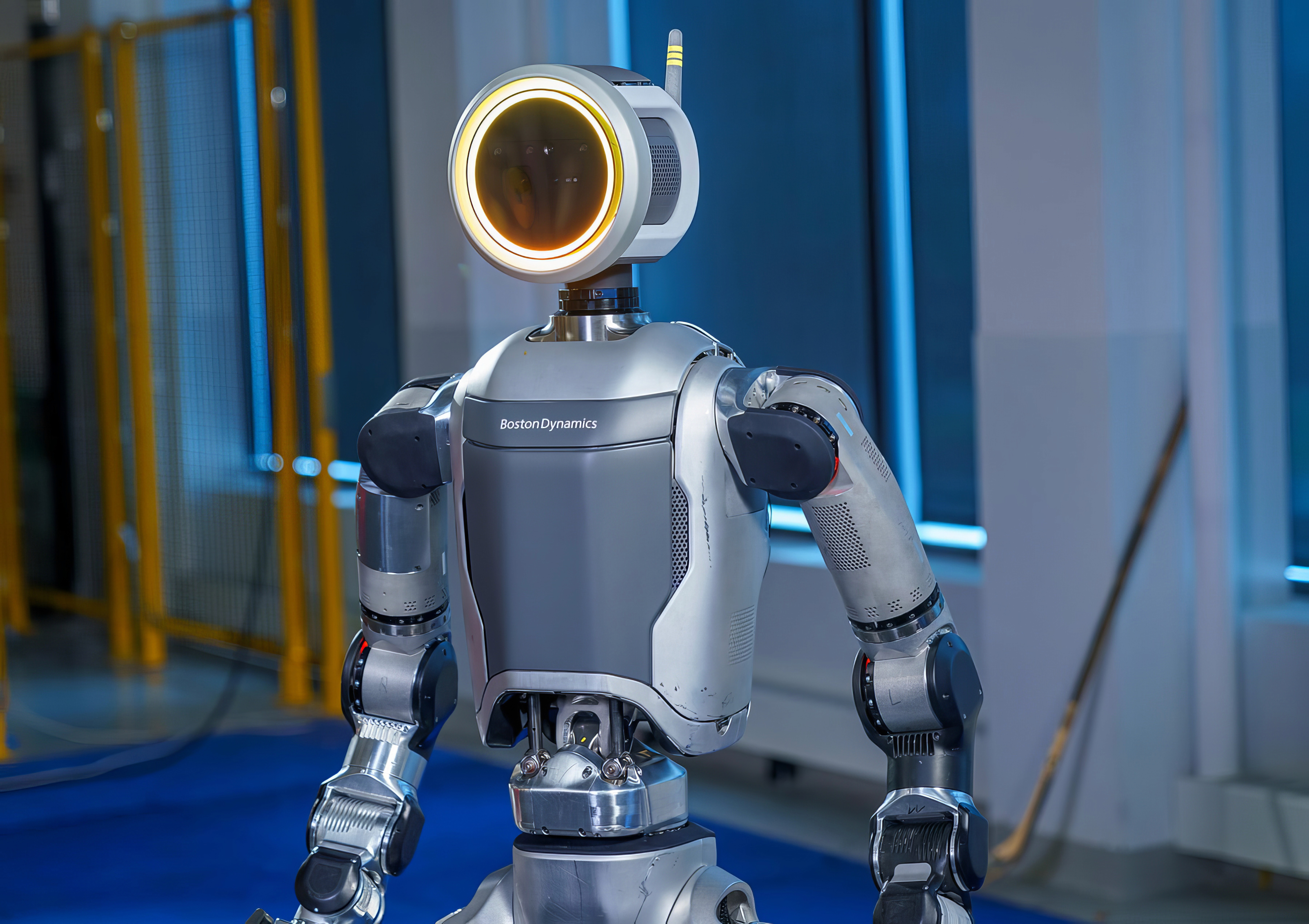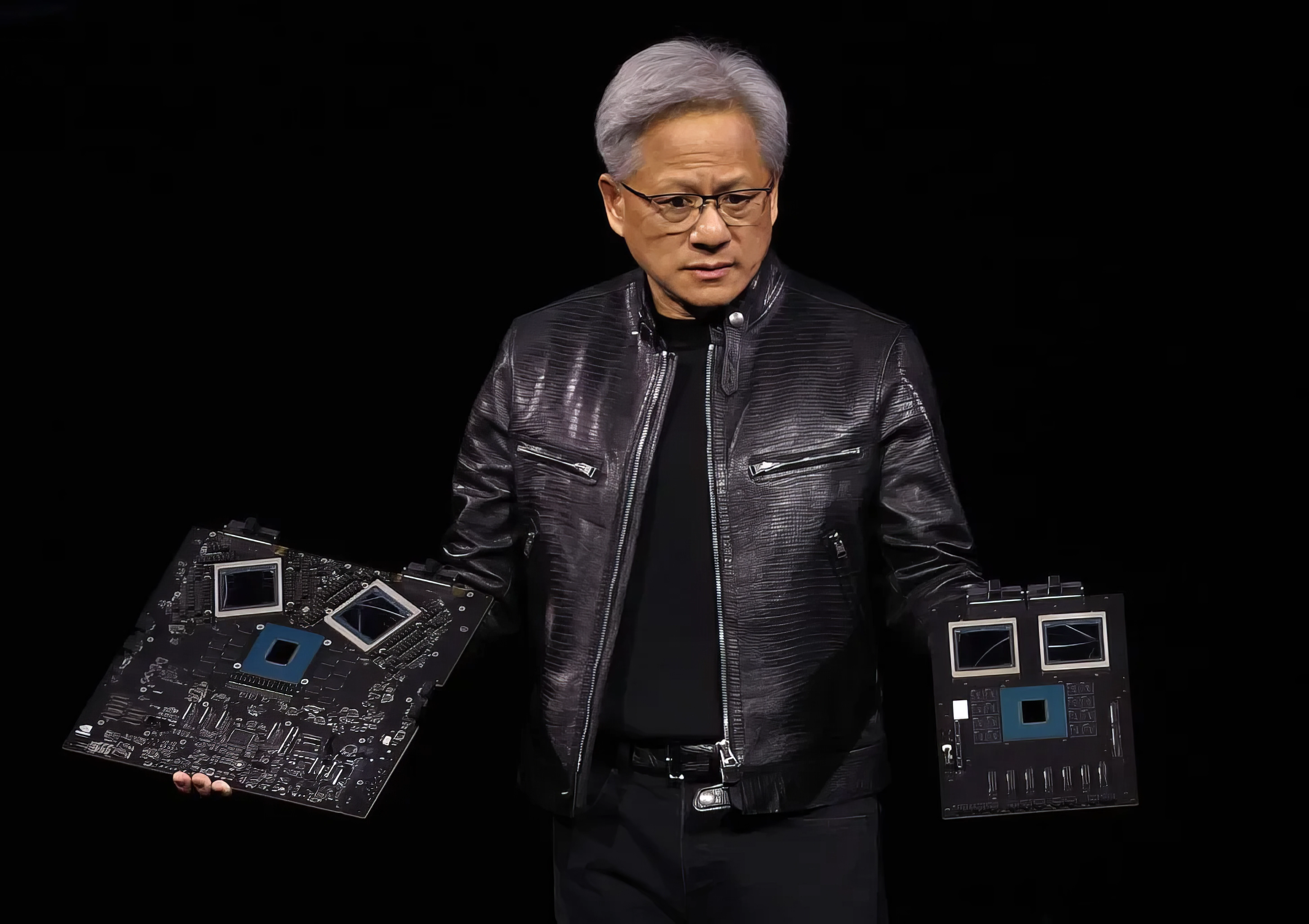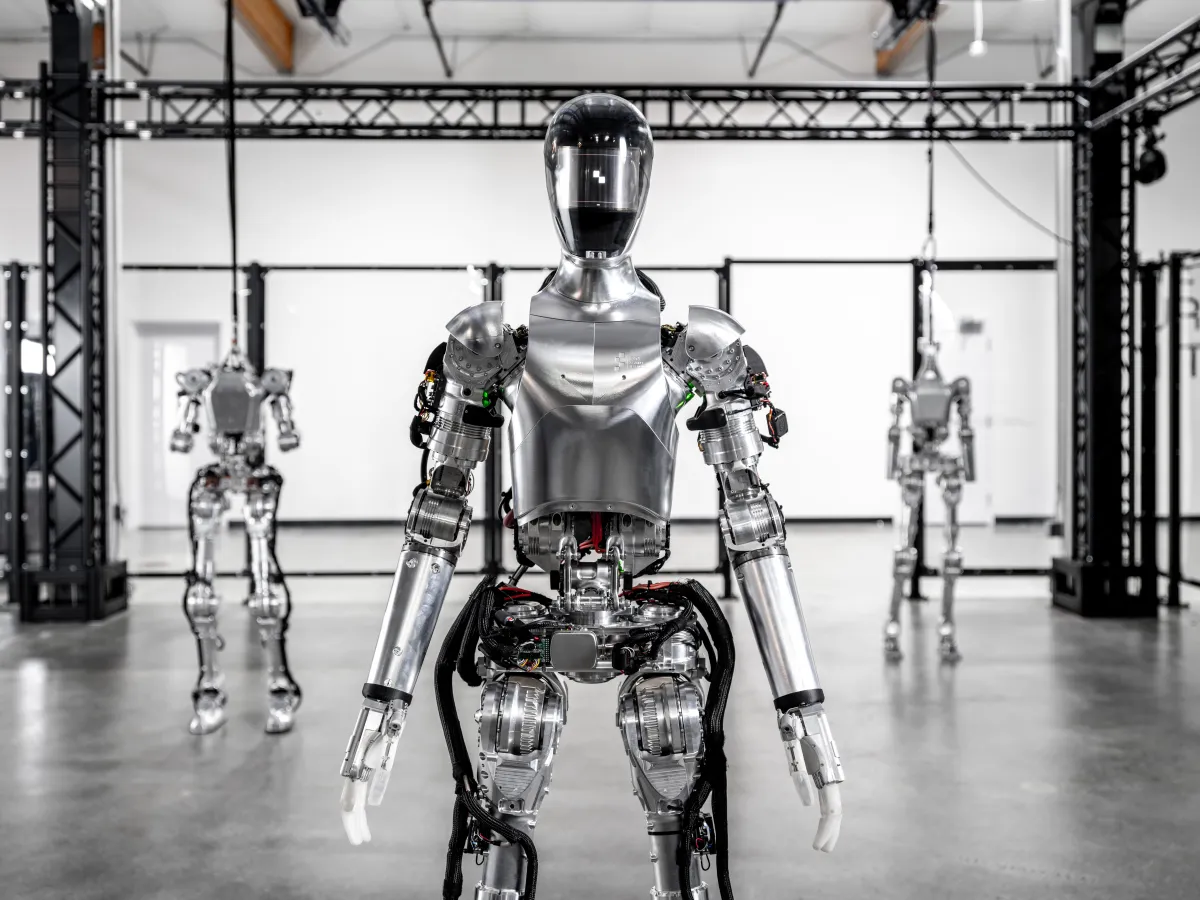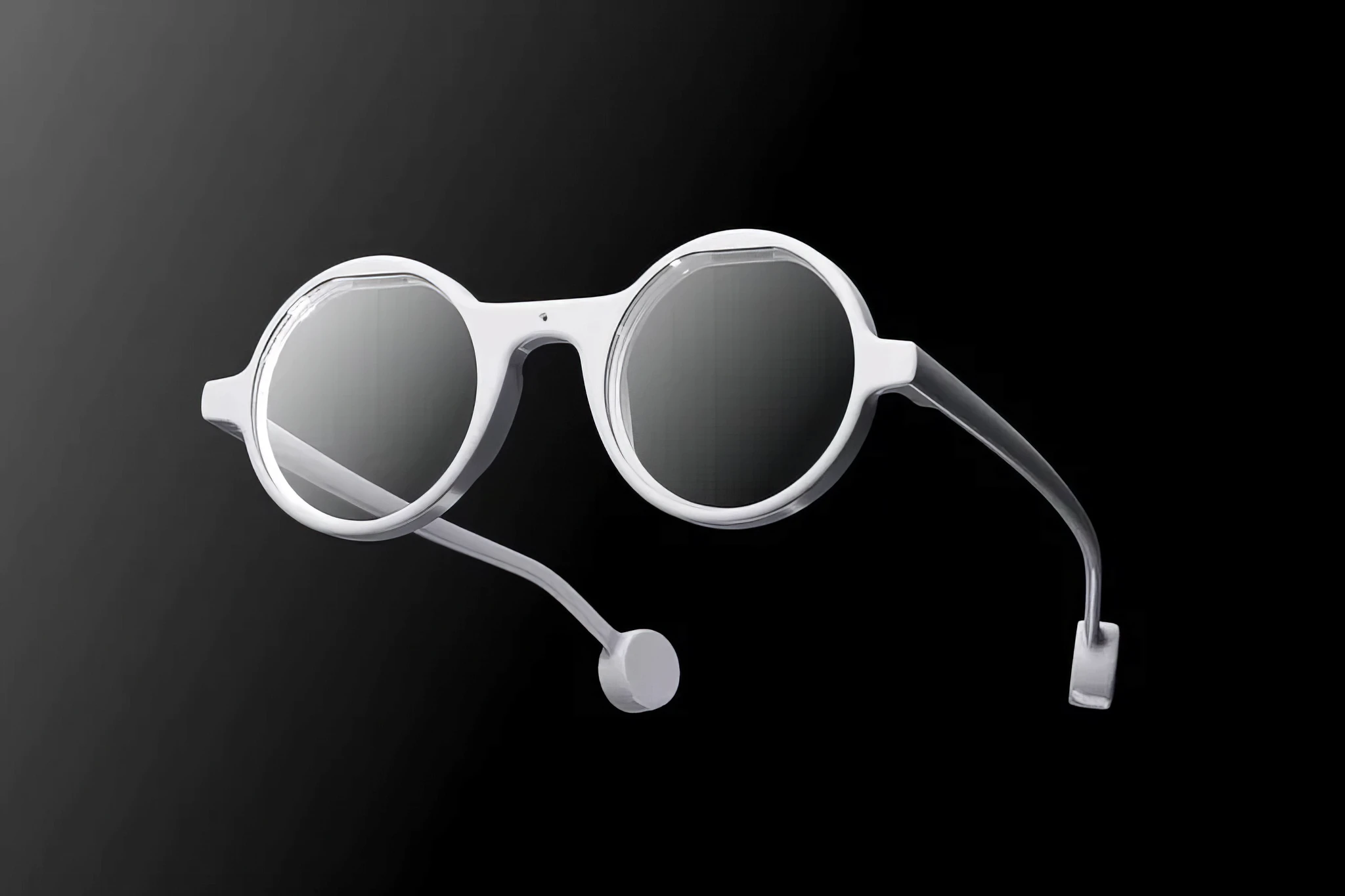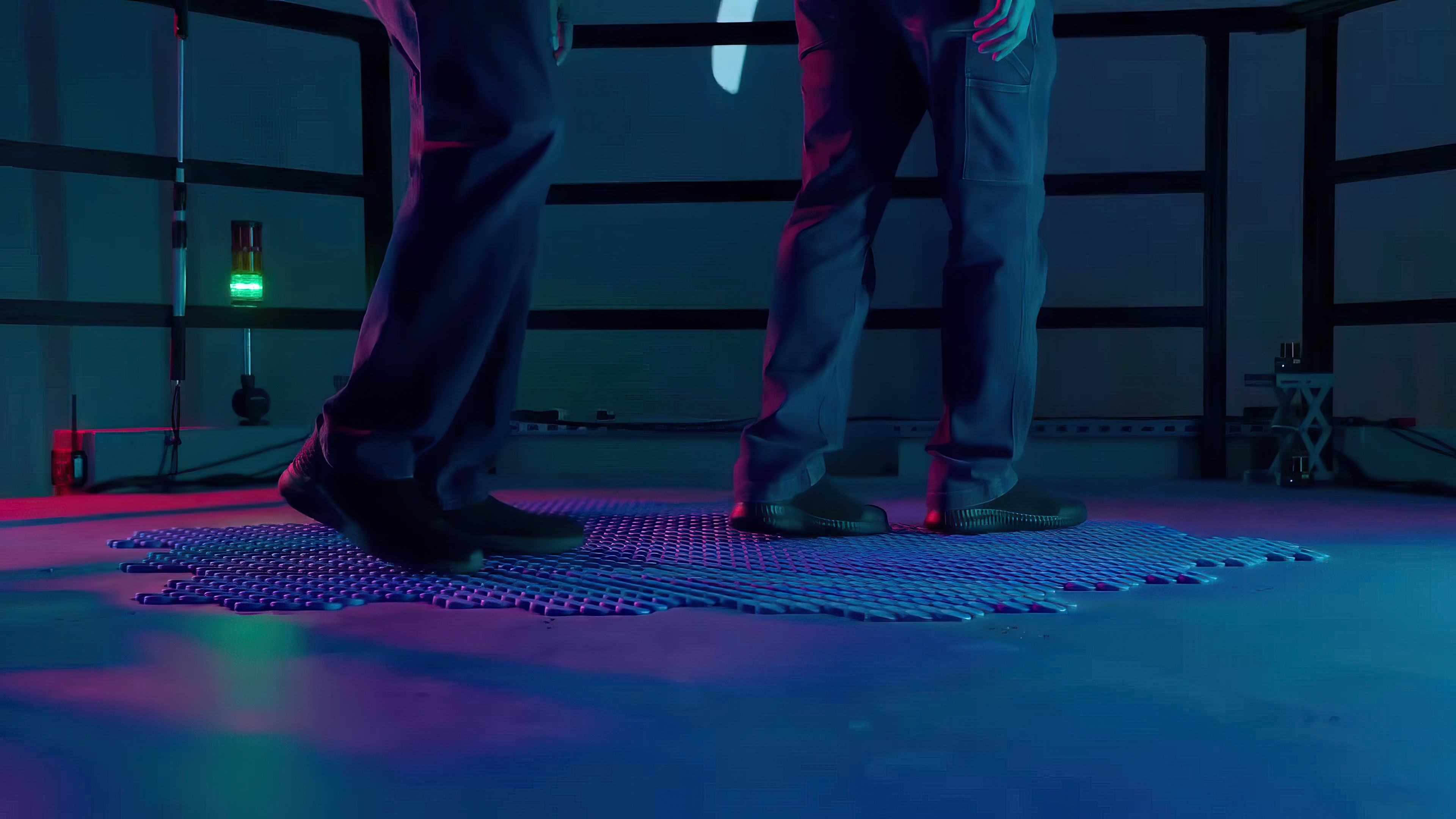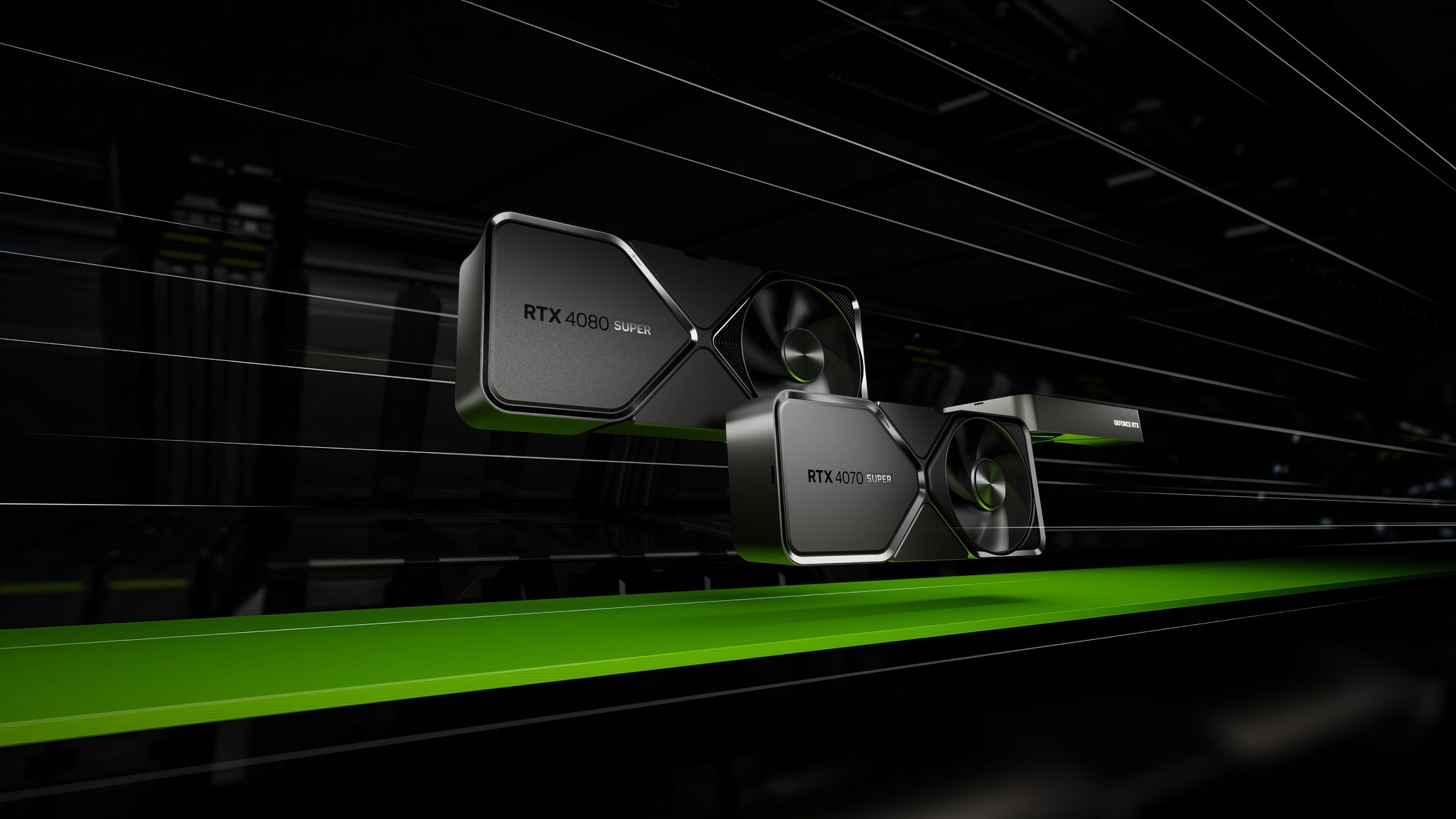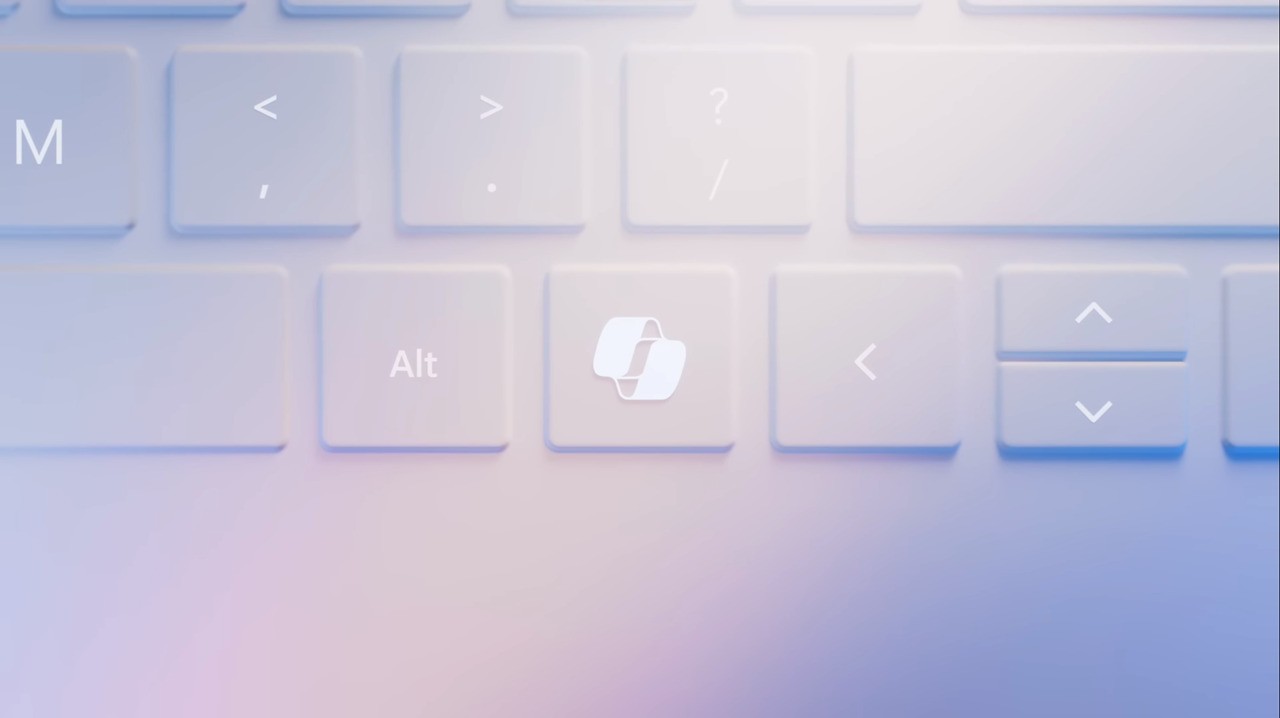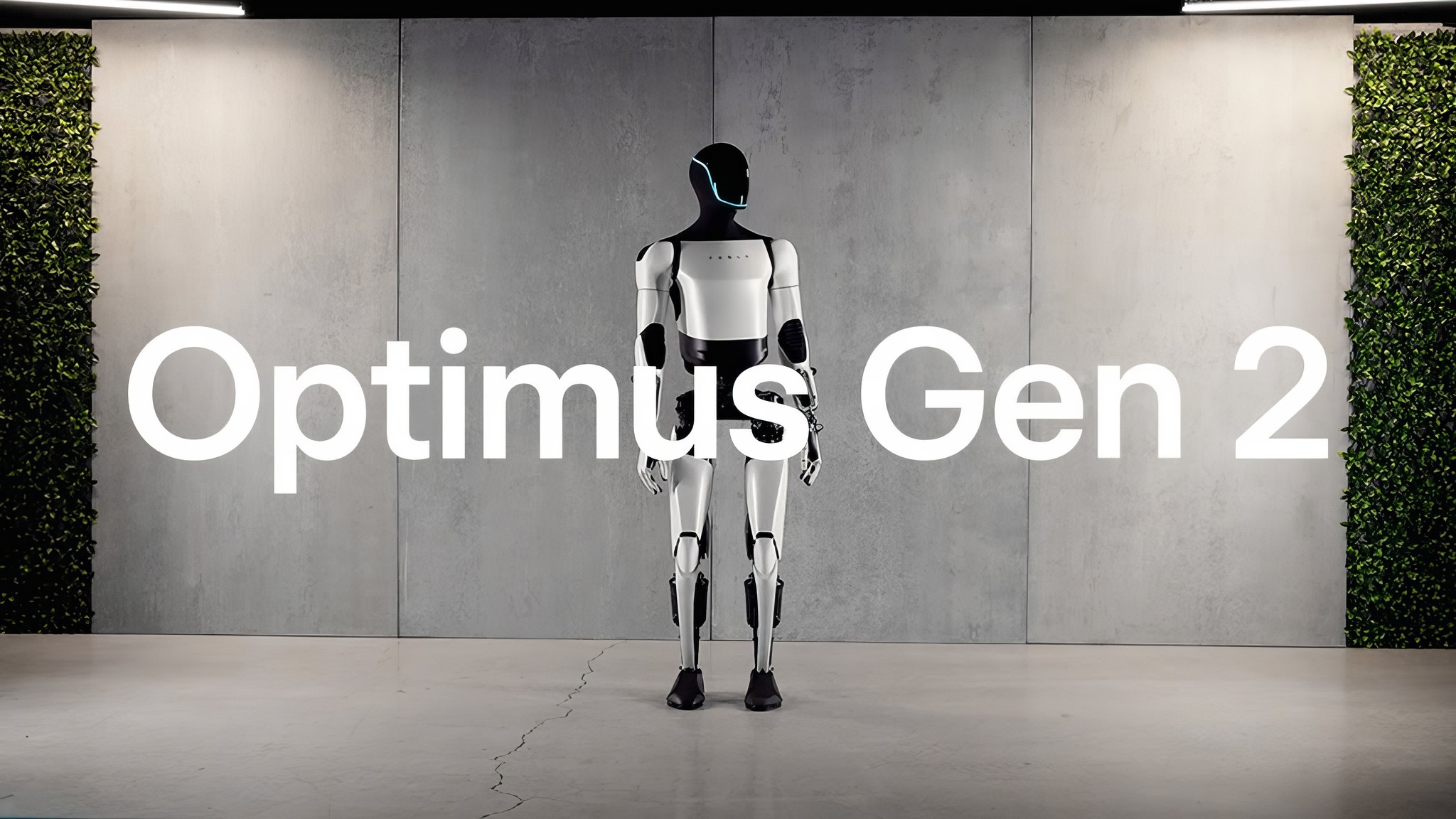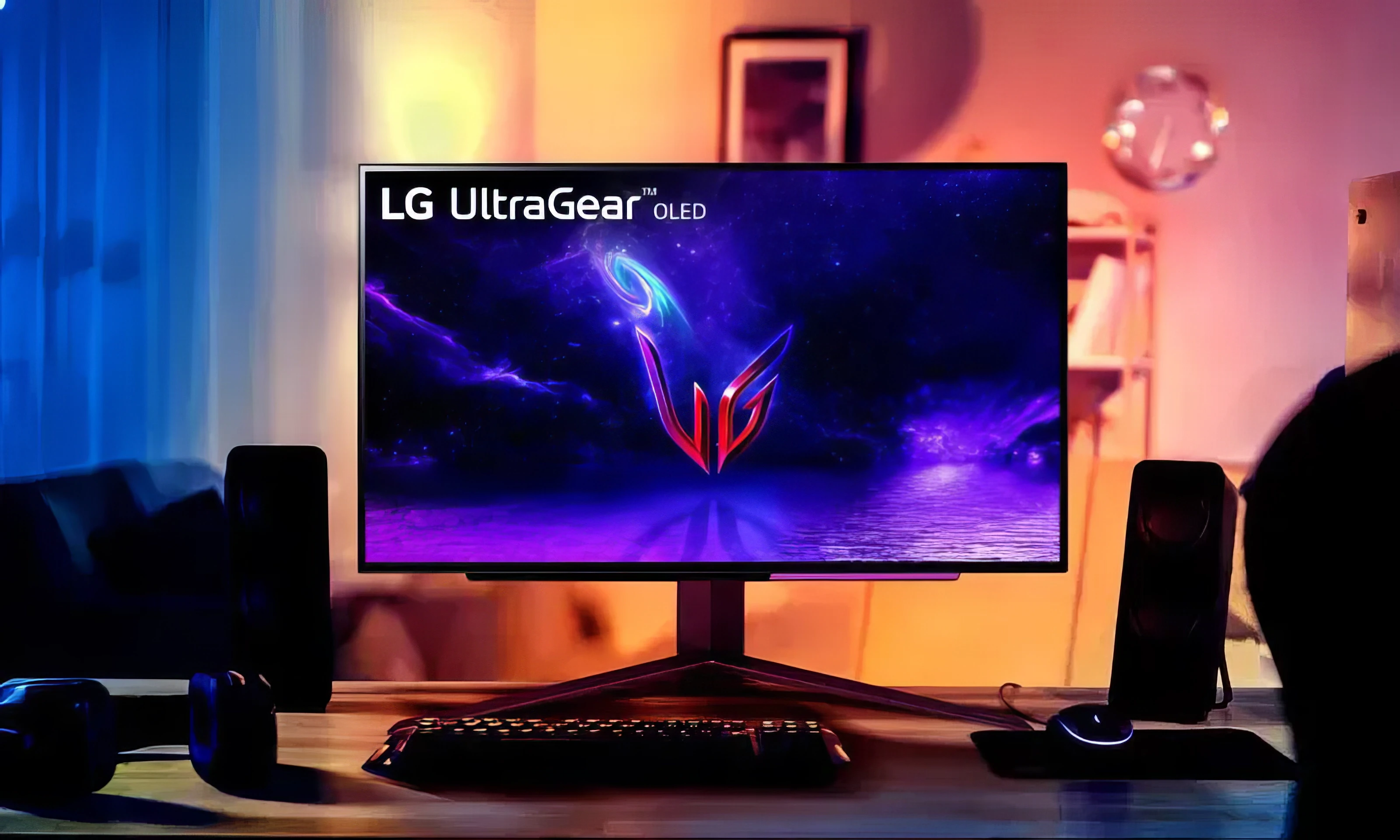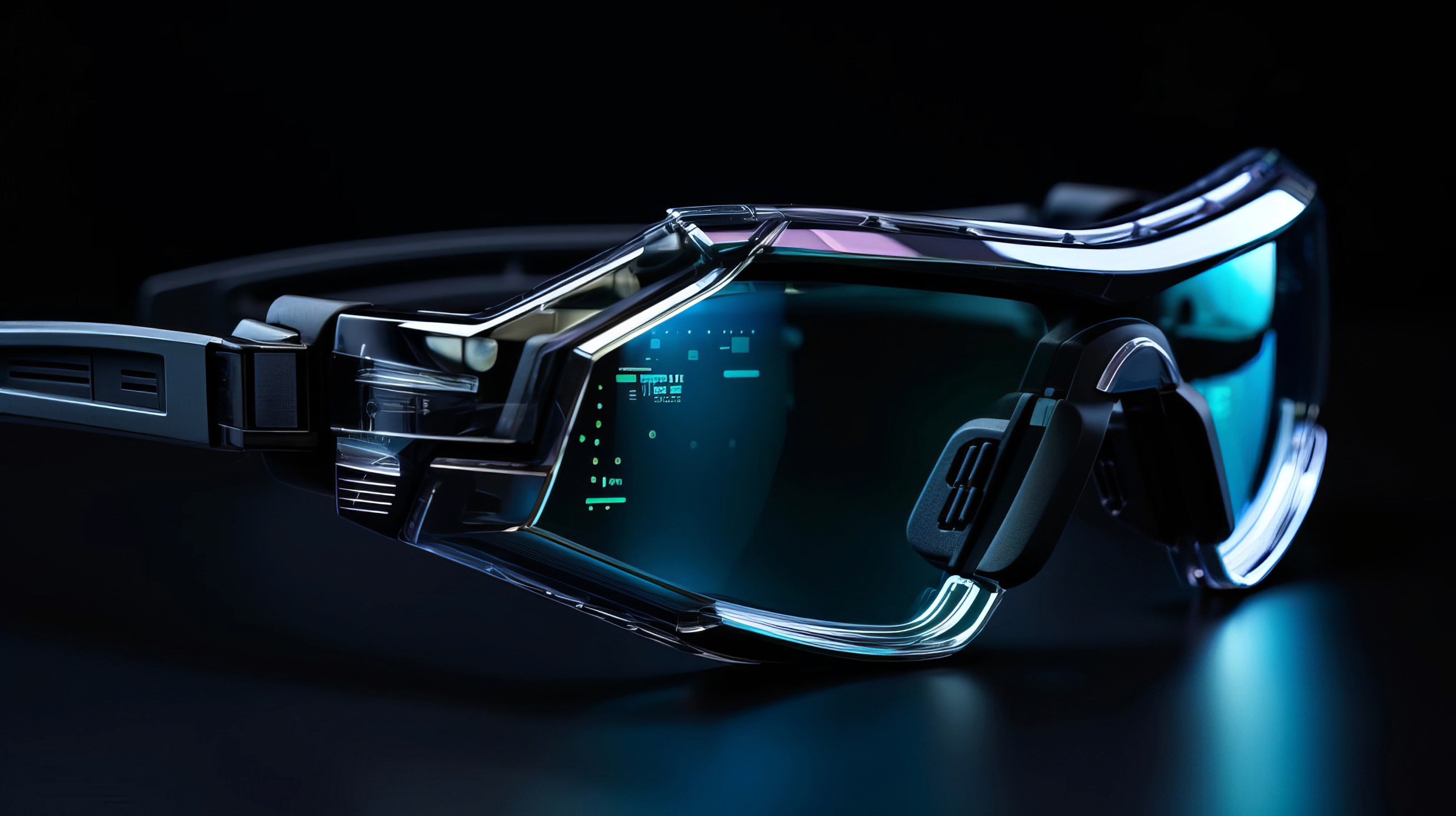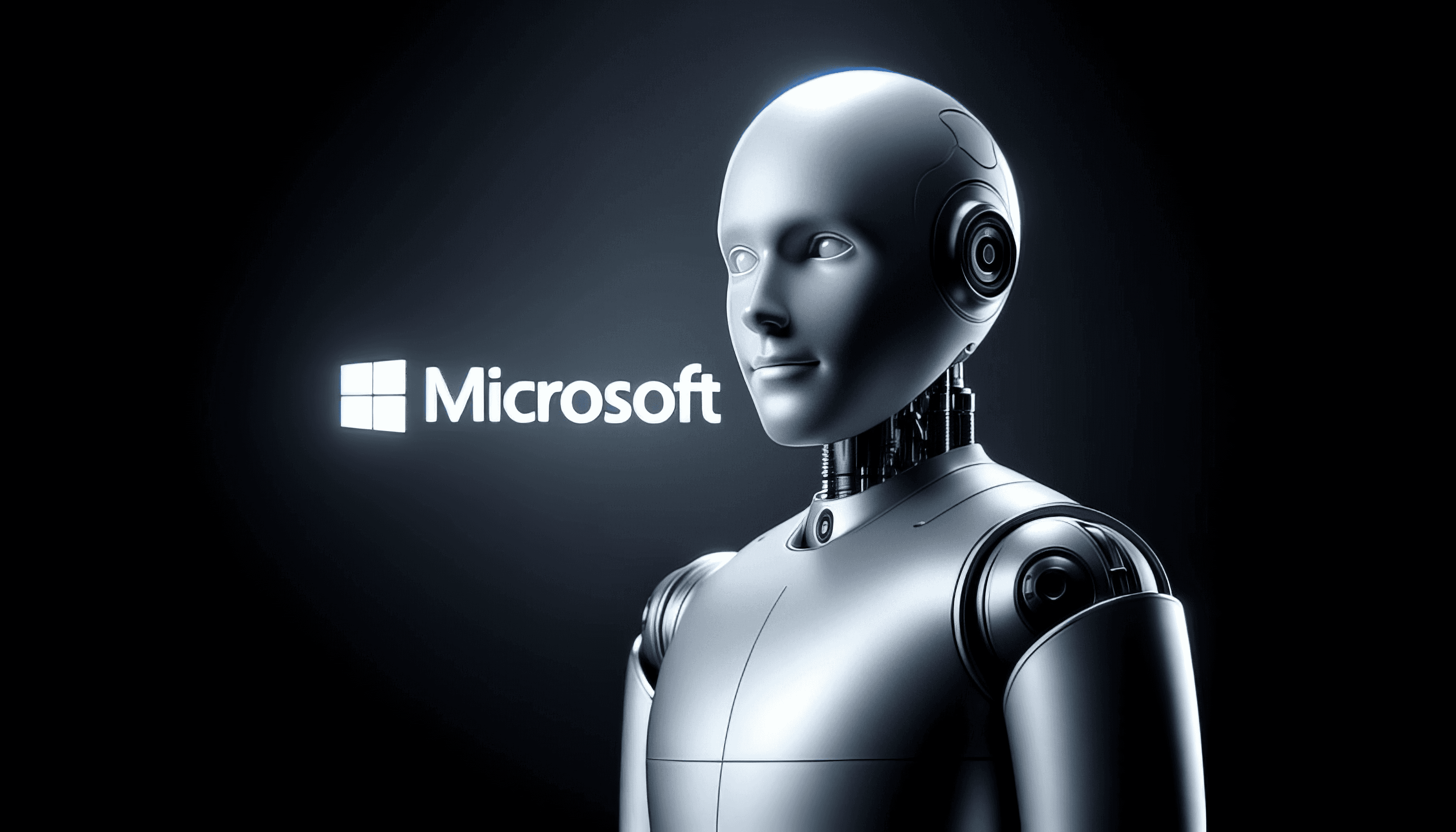[BY]
Dmytro Kremeznyi
[Category]
Tech
[DATE]
Aug 11, 2024
Google's DeepMind has developed a table tennis robot that competes at an amateur level, showcasing a significant advancement in robotic sports.
Google's DeepMind Robotics team has recently unveiled a new milestone in robotic sports: a table tennis-playing robot that competes at a "solidly amateur" level. This achievement is outlined in their latest research paper titled "Achieving Human Level Competitive Robot Table Tennis." Sports have long been a challenging and valuable testing ground for robots, and table tennis, in particular, requires a combination of speed, responsiveness, and strategy, making it an excellent benchmark for evaluating robotic capabilities. Since the 1980s, robotic table tennis has served as a key area for research in robot arms and control systems.
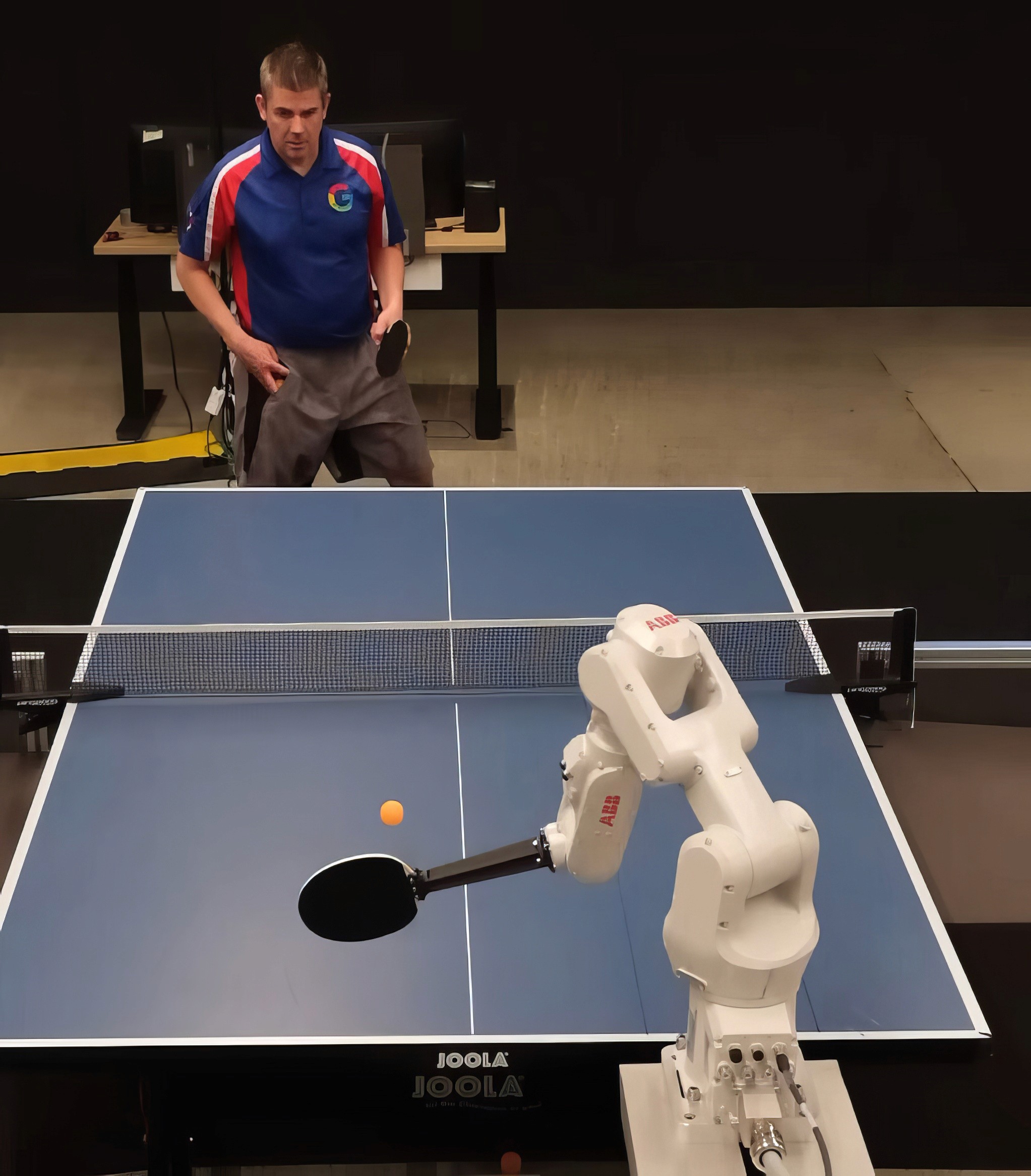
During testing, the DeepMind table tennis robot demonstrated impressive results. It won against all beginner-level human opponents and secured victory in 55% of the matches against intermediate players. However, the robot struggled against advanced-level players, losing all matches. Overall, the system won 45% of the 29 games it played, making it a solid competitor at the amateur level. Despite these achievements, it is not yet capable of challenging professional players.
One of the robot's primary weaknesses is its reaction time to fast-moving balls. According to DeepMind, this issue is largely due to system latency, mandatory resets between shots, and a lack of sufficient data. The researchers suggest that future improvements could focus on advanced control algorithms to better predict ball trajectories and hardware optimizations to enhance the speed of communication between the robot's sensors and actuators. The robot also struggles with high and low balls, backhand shots, and reading spin on incoming balls—areas where further development is needed.
While the table tennis robot is a significant achievement, DeepMind emphasizes that it represents just one step toward a broader goal in robotics: developing generalist robots capable of performing many useful tasks. The ability to interact skillfully and safely with humans in real-world environments remains a challenging frontier. The research highlights the importance of policy architecture, the use of simulation in real-game scenarios, and the robot's ability to adapt its strategy in real-time.These advancements could have far-reaching implications for robotics, beyond the specific domain of table tennis.
DeepMind's table tennis robot marks a notable advancement in the field of robotic sports. However, the journey toward creating robots that can perform at human-level across various tasks is ongoing. With continued research and development, the future holds exciting possibilities for robotics.
Content
